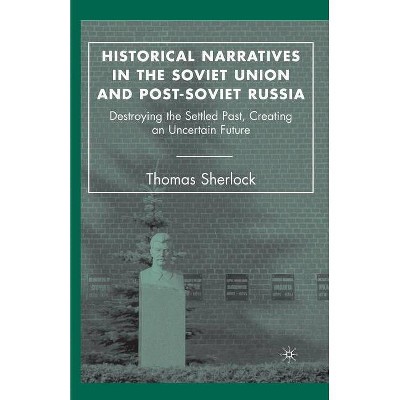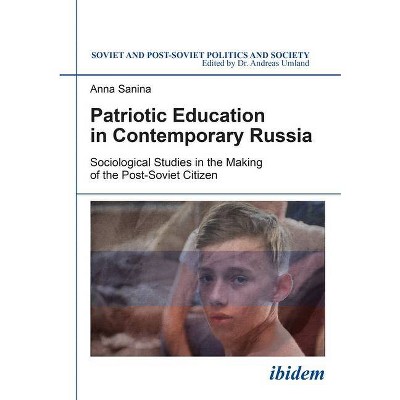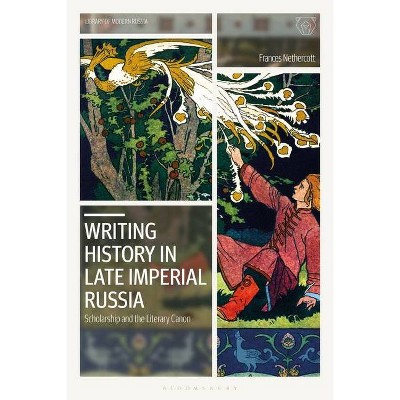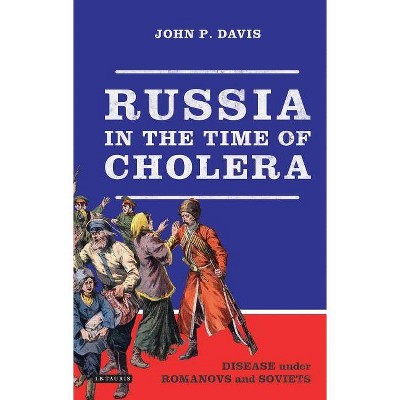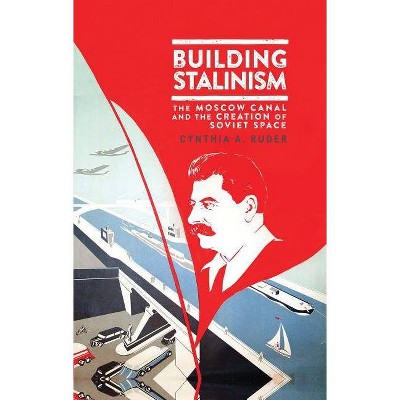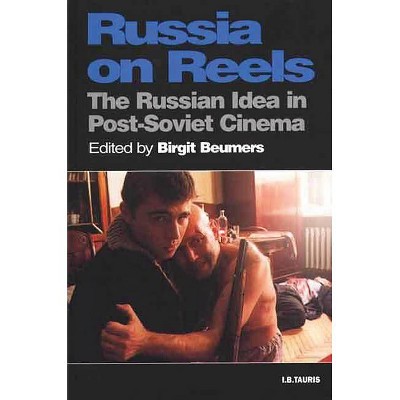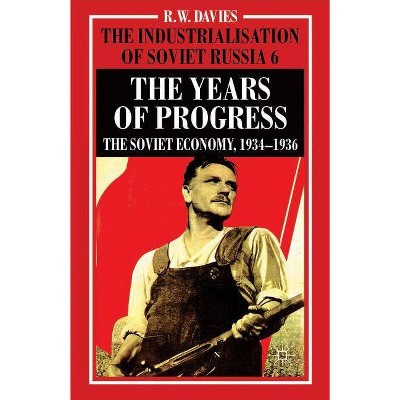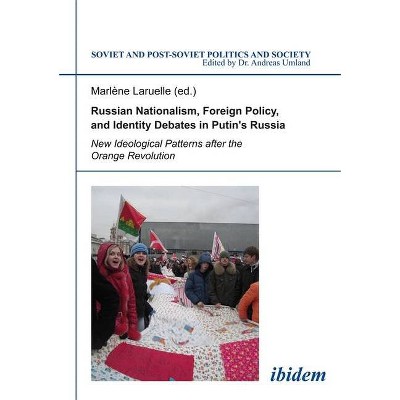Nomads and Soviet Rule - (Library of Modern Russia) by Alun Thomas (Paperback)
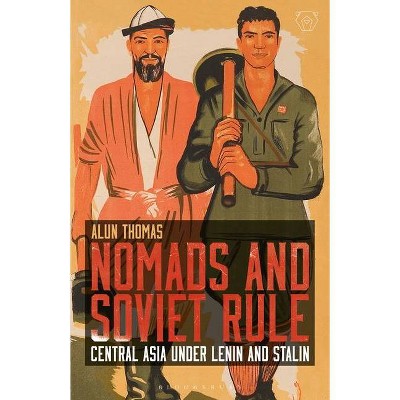
Similar Products
Products of same category from the store
AllProduct info
<p/><br></br><p><b> About the Book </b></p></br></br>"The nomads of Central Asia were well accustomed to life under the power of a distant capital when the Bolsheviks fomented revolution on the streets of Petrograd. Yet after the fall of the Tsar, the nature, ambition and potency of that power would change dramatically, ultimately resulting in the near eradication of Central Asian nomadism. Based on extensive primary source work in Almaty, Bishkek and Moscow, Nomads and Soviet Rule charts the development of this volatile and brutal relationship and challenges the often repeated view that events followed a linear path of gradually escalating violence. Rather than the sedentarisation campaign being an inevitability born of deep-rooted Marxist hatred of the nomadic lifestyle, Thomas demonstrates the Soviet state's treatment of nomads to be far more complex and pragmatic. He shows how Soviet policy was informed by both an anti-colonial spirit and an imperialist impulse, by nationalism as well as communism, and above all by a lethal self-confidence in the Communist Party's ability to transform the lives of nomads and harness the agricultural potential of their landscape. This is the first book to look closely at the period between the revolution and the collectivisation drive, and offers fresh insight into a little-known aspect of early Soviet history. In doing so, the book offers a path to refining conceptions of the broader history and dynamics of the Soviet project in this key period"--Back cover<p/><br></br><p><b> Book Synopsis </b></p></br></br>The nomads of Central Asia were already well accustomed to life under the power of a distant capital when the Bolsheviks fomented revolution on the streets of Petrograd. Yet after the fall of the Tsar, the nature, ambition and potency of that power would change dramatically, ultimately resulting in the near eradication of Central Asian nomadism. <br/><br/>Based on extensive primary source work in Almaty, Bishkek and Moscow, <i> Nomads and Soviet Rule</i> charts the development of this volatile and brutal relationship and challenges the often repeated view that events followed a linear path of gradually escalating violence. Rather than the sedentarisation campaign being an inevitability born of deep-rooted Marxist hatred of the nomadic lifestyle, Thomas demonstrates the Soviet state's treatment of nomads to be far more complex and pragmatic. He shows how Soviet policy was informed by both an anti-colonial spirit and an imperialist impulse, by nationalism as well as communism, and above all by a lethal self-confidence in the Communist Party's ability to transform the lives of nomads and harness the agricultural potential of their landscape. <br/><br/>This is the first book to look closely at the period between the revolution and the collectivisation drive, and offers fresh insight into a little-known aspect of early Soviet history. In doing so, the book offers a path to refining conceptions of the broader history and dynamics of the Soviet project in this key period<p/><br></br><p><b> Review Quotes </b></p></br></br><br>An impressive array of materials from the archives â ] Dense with details â ] Summing Up: Recommended.<br/>V. Clement, Marine Corps University, CHOICE<br><br>Impressive ... Provides human experiences to demonstrate the chaotic attempts at taxing nomads, the uninformed policies of education of women to interrupt gender relations, and forced sedentarization policies in the name of collectivization ... An important contribution, not only to Central Eurasian studies, but to any field that studies the relationship between state-sponsored modernization policies and indigenous communities around the world.<br/>The Russian Review<br><p/><br></br><p><b> About the Author </b></p></br></br><b>Alun Thomas</b> is Lecturer in Modern History at Staffordshire University, UK. He received his PhD from the University of Sheffield, UK, and has written in peer-reviewed journals and delivered papers internationally on the complex relationship between the nomadic communities of Central Asia and the nascent Soviet state.
Price History
Price Archive shows prices from various stores, lets you see history and find the cheapest. There is no actual sale on the website. For all support, inquiry and suggestion messages communication@pricearchive.us
